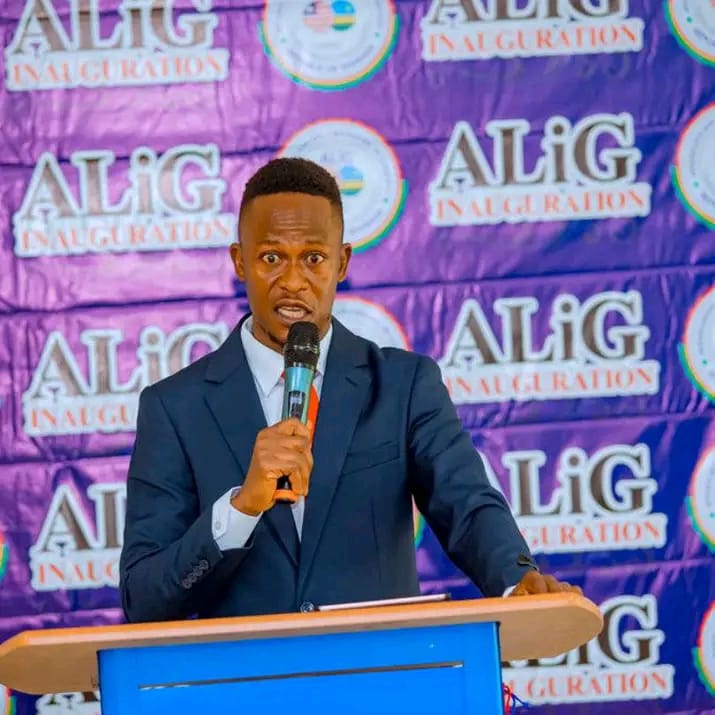Ganta City, Nimba County– Renowned Liberian supply chain and procurement expert, Mr. Clinton N. Kpozeh, has called on the Liberian government to institute stronger support systems for Liberian students studying abroad. His remarks follow a recent visit to Gisenyi, Rwanda, where he delivered a keynote address to a group of Liberian students pursuing higher education in East Africa.
Speaking on the RKFM Breakfast Show, Mr. Kpozeh reflected on his experience with the students and highlighted the crucial need for sustained government engagement in the welfare of Liberian students in foreign countries.
By : P Uriah Suah /suahuriah86@gmail.com
“I was informed by the students that when Superintendent Kou Meapeh Gono visited this region, she made commitments to support Liberian students here,” Mr. Kpozeh said. “My visit serves as a validation of her effort. It’s clear that more must be done, not just in Rwanda, but globally where Liberians are studying.”
Kpozeh emphasized that the students in Rwanda are not only from Nimba County but hail from various parts of Liberia and even other countries. He noted the affordability and quality of education in East Africa, especially in Rwanda, making it an ideal region for Liberian students to pursue higher education.
“Education in Rwanda is of a high standard and relatively low in cost. For instance, pursuing a master’s degree can cost just a little over $3,000. The government can partner with institutions in East Africa to offer more scholarships, given that one of its key responsibilities is to provide education to its youth,” he stressed.
Mr. Kpozeh also provided a comparative analysis between the Rwandan and Liberian educational systems. He underscored the structured nature of Rwanda’s curriculum and assessment process, where students are taught directly from course objectives and adequately prepared for evaluations.
“In Rwanda, instructors teach precisely from the course objectives. Students know exactly what they’re expected to learn and are assessed accordingly,” he explained. “But back home, students often face questions in exams that were never covered in class, leading to unnecessary failure.”
He further pointed out the importance of policy implementation and the role of educational administrators, noting that from high schools to universities, Liberia needs to strengthen monitoring, teacher accountability, and curriculum delivery.
Beyond education, Mr. Kpozeh spoke about Rwanda’s law enforcement and public safety systems, which he said reflect strong governance and respect for the rule of law. He narrated a case involving a former Miss UNA who is currently serving a jail sentence for driving under the influence without a license – a situation he said would likely have been swept under the rug in Liberia due to political interference.
“In Rwanda, there’s no room for compromise or calling ‘big hands’ when you break the law,” he said. “Traffic enforcement is done via road cameras, and the law applies to everyone equally. It’s an environment where respect for rules shapes public behavior.”
Mr. Kpozeh also praised Rwanda’s use of mobile money systems, its safety at night, and the general discipline of its citizens. He described the country as peaceful and secure, where one can go out at night and return home safely without the fear of being harmed or robbed.
“In Rwanda, even if you’re drunk and can’t find your way home, no one will harm or rob you. That’s the level of public discipline I witnessed,” he said.
He concluded by urging the Liberian government and its institutions to take cues from such countries, especially in policy enforcement, education reforms, and public accountability. “Any nation that desires progress must be governed by rules and regulations,” he stated.

